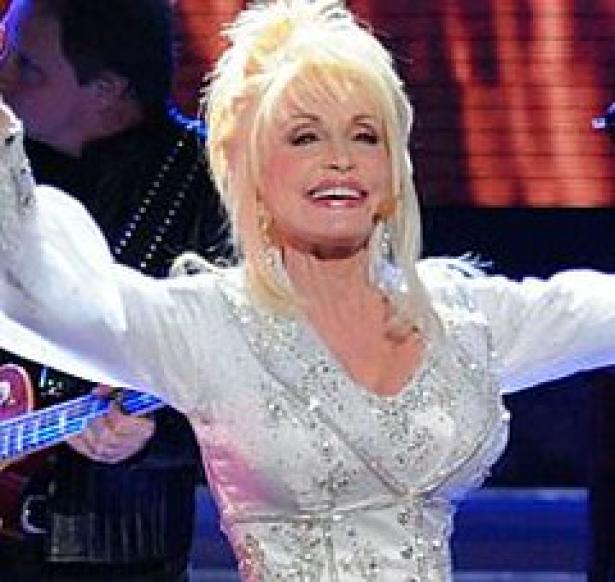First Graders Not Allowed To Sing ‘Controversial’ Dolly Parton Song About Acceptance
A Wisconsin school forbade first graders from singing a Dolly Parton and Miley Cyrus song about acceptance at this year’s spring concert, saying it’s too “controversial.”
The song, “Rainbowland,” celebrates acceptance and includes lyrics like “wouldn't it be nice to live in paradise. Where we're free to be exactly who we are.”
It started earlier this month, when a first grader was brainstorming songs to perform for the spring concert at Heyer Elementary. Her mother, Sarah Schindler, said that her list included “Rainbowland,” as well as Louis Armstrong’s “What a Wonderful World” and Kermit the Frog’s “Rainbow Connection.” A few days later, the girl told her mother that she was not allowed to sing “Rainbow Connection” or “Rainbowland.”
“Rainbow Connection” was ultimately allowed, but the Dolly Parton song wasn’t, according to a teacher with the school district.
“My first graders were so excited to sing Rainbowland for our spring concert but it has been vetoed by our administration. When will it end?” Melissa Tempel, a Heyer Elementary teacher—and Schindler’s daughter’s teacher—tweeted last week.
“4 years ago we had an active diversity team,” Tempel said in another tweet. “Now we are Florida.”
Some critics believe the songs were banned as part of a greater crackdown within the school district on LGBTQ issues. One Waukesha resident, Leigh Radichel Tracy, whose children are in the same school district, told the Times that “the School District of Waukesha has really cracked down on anything LBGTQ.”
“It’s so sad that this is seen as a ‘controversial issue’ by the School District of Waukesha. It’s a song about a beautiful place of acceptance,” she said.
Schindler reportedly reached out to her daughter’s teacher, the school principal at Heyer Elementary, and the school district of Waukesha. Rainbows are often associated with pride, but Schindler said in a comment to the Times that rainbows are also associated with springtime. She said she doesn’t understand why the song would be controversial. “We love Dolly Parton!” Schindler told the Los Angeles Times.
In a statement sent to VICE News, Kelly Piacsek, the Waukesha school board’s president, said that the song “could be deemed controversial” in accordance with the district's "Controversial Issues in the Classroom” policy. According to the school board, when the music teacher went to the principal “to determine if the would be acceptable to use in a first grade concert,” The principal then asked the music teacher to pick a different song.
“Rainbow Connection will be performed as part of the upcoming first grade music concert along with other pieces of music,” the statement says. “This entire matter has been reviewed and the outcomes are fully supported by the Superintendent.”
The statement also said the board of education wasn’t involved in the matter.
Wisconsin isn’t the only state where there’s been a crackdown on LGBTQ people. Anti-LGBTQ sentiment has swept parts of the U.S., with hundreds of bills that would restrict LGBTQ rights introduced this year alone. GOP politicians are targeting trans healthcare, LGBTQ students in schools, and drag queens, and more.
This story has been updated with comment from the Waukesha school board.
Anya Zoledziowski is an award-winning staff reporter at VICE World News. Her reporting focuses on a wide-range of social justice issues, including Indigenous affairs, race, politics, sex worker rights, and the disproportionate harm experienced by racialized communities as the climate crisis worsens. She graduated top of her class from the University of British Columbia Master of Journalism program in 2018, and has since won multiple awards for her investigative reporting delving into hate crimes targeting Indigenous women at the hands of transient workers who move into “man camps,” temporary housing units near resource extraction sites. She also won the CAJ Reconciliation Award in 2021 for her Indigenous affairs reporting. Prior to working at VICE, she was with CBC, now defunct StarMetro Calgary, and freelanced all over.


Spread the word